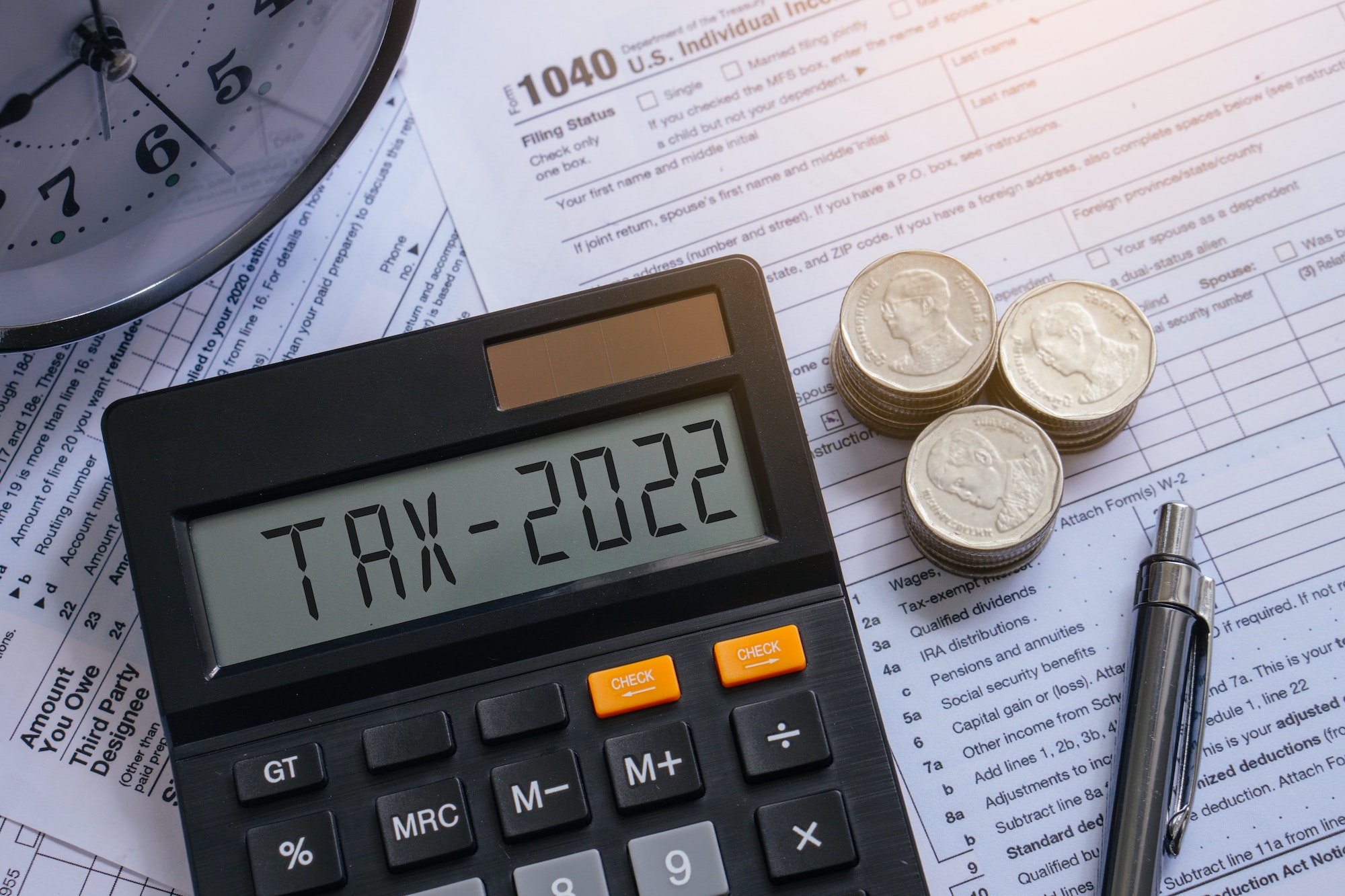Taxes: Spanish Wealth Tax
Lawyer in Denia, Javea, Xativa » Taxes: Spanish Wealth Tax
What is the Spanish Wealth Tax?
Wealth Tax is an annual tax payable on the total net value of assets owned by a person on 31 December in Spain. The total net value refers to all assets and rights of economic content owned by a natural person, less any charges and encumbrances that diminish their value, as well as personal debts and obligations.
If you need more information, please contact us.

Who pays Wealth Tax?
Both residents and non-residents in Spain are subject to Wealth Tax. However, there are a number of exemptions that vary depending on your residency status in Spain and the region in which you are located. Some Spanish autonomous regions, including the Valencian Community, have their own tax laws in force which allow them to establish their own tax-free allowances and deductions or to set the tax rate they deem appropriate.
Although wealth tax may catch you by surprise, it is important to note that for wealthier people, it can have a significant impact. If you live in Spain and are wondering whether you have to pay wealth tax, please contact us.

Capital gains taxes
When selling a property in Spain, it is necessary to pay two different taxes: Plusvalía (also known as Impuesto sobre el Incremento de Valor de los Terrenos de Naturaleza Urbana or IIVTNU) and Impuesto sobre la Ganancia Patrimonial.
Capital gains
Capital gains is a municipal tax payable to the local council and is based on the increase in the official value of the land between the dates of purchase and sale.
Capital gains
Capital gains is a municipal tax payable to the local council and is based on the increase in the official value of the land between the dates of purchase and sale. The cadastral value of the property at the time of sale is used to calculate the increase in the value of the land. This is then multiplied by the annual rate set by the local council and the number of years the property has been owned is taken into account. Therefore, the factor that most influences the value of the Plusvalia is the number of years the property has been owned.
It is important to note that after several Spanish court rulings that the way this tax was calculated was not legal, the Spanish government passed a decree on 8 November 2021, which introduces substantial changes to the way this tax is calculated. The three most important changes are:
If the sale price declared in the deed is lower than the purchase price declared in the deed of sale, no capital gains tax will be payable.
In cases where the gain is low, but the capital gains tax is high, the taxpayer can choose an alternative way of calculating the tax, which will take into account both the purchase price and the sale price.
If the property is sold within one year of purchase, capital gains tax is payable.
It is important to note that when the seller is a non-resident, and although it is a tax on the selling party, the buyer is responsible for the payment of the Plusvalia, and therefore would like to withhold the amount calculated for this tax from the purchase price.
If the seller is a non-resident, the buyer is liable for the payment of the Plusvalia and should withhold 3% of the sale price on account of his possible tax liability. In addition, if the seller has no tax liability because he is losing money on the sale, or his liability is less than the 3% withheld, he will be entitled to a full or partial refund of the tax. However, the Tax Agency will take between 6 and 10 months to pay the refund and will check that he has been paying his tax obligations correctly.
Capital Gains Tax (CGT)
Capital Gains Tax (CGT) is levied by the Inland Revenue and is based solely on the actual profit made. Unlike capital gains tax, this tax is fairer.
Capital Gains Tax (CGT)
Capital Gains Tax (CGT) is levied by the Inland Revenue and is based solely on the actual profit made. Unlike capital gains tax, this tax is fairer.
Currently, Non-Residents in Spain have to pay a flat rate of 19% on the profit obtained (in this case we can deduct both the purchase and sale costs). However, it is important to know that even if you do not make any profit, as a Non Resident, the purchaser of your property will always be obliged to withhold 3% of the sale price and pay this amount to the Tax Agency on account of your possible tax liability.
It is important to note that if the seller has no tax liability because he is losing money on the sale, or his liability is less than the 3% withheld, he will be entitled to a full or partial refund of the tax, depending on the case. However, it is important to remember that the Tax Agency will take between 6 and 10 months to pay the refund and that before paying it, it will check that you have been paying your tax obligations correctly.
Do you need legal advice in Spain?
Contact us to receive legal advice from our team of lawyers who are experts in different areas of law.
